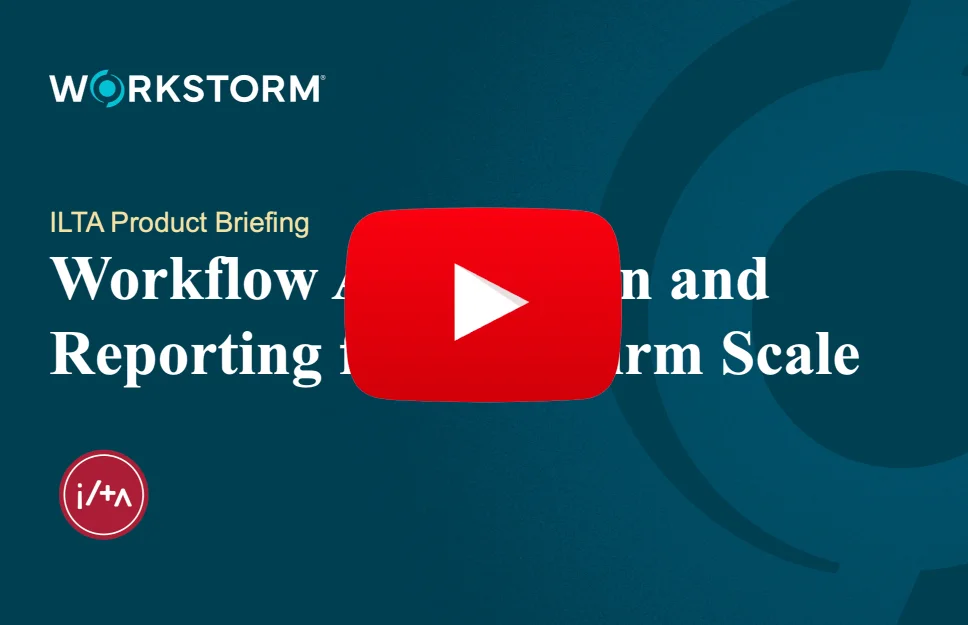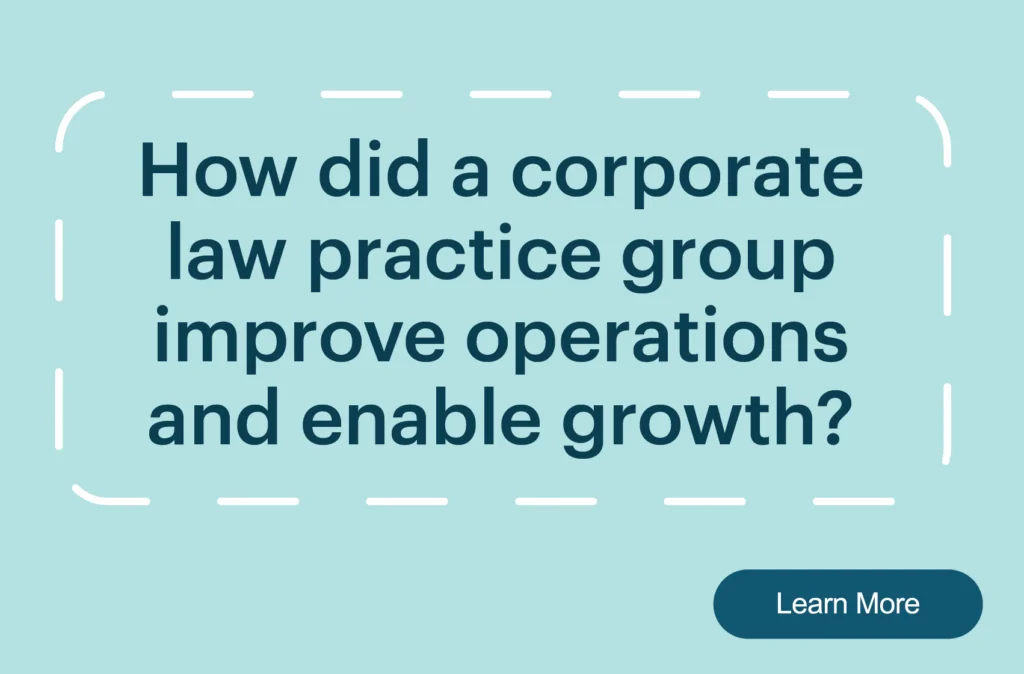How are today’s law firms using technology and where do they still need help? That’s what the American Bar Association recently set out to answer in its 2019 Legal Technology Survey Report.
The ABA surveyed more than 52,0000 private practice attorneys from May through August 2019 on their use of technology, developing a 253-question survey that focused on five key areas: online research, technology basics and security, law office tech, marketing and communications, and life and practice. Here are the biggest trends that could shape your own practice in 2020 and beyond.
99% of Attorneys Save Important Emails
Recording important client conversations or documents is critical for law firms, and the bulk of that information still lives in email for attorneys. Virtually all attorneys spend time saving important emails, according to the ABA survey, whether they’re saving to folders in an email program, to their networks, to a document management system, to a hard drive, or even printing and filing hard copies.
Triaging and filing all that email takes up a lot of time – but it doesn’t have to. Workstorm offers side-by-side email and contextual messaging to ease email burdens. You can easily move some conversations out of email, and sync email or messages automatically to your document management system of choice to make filing easier.
More than Half (52%) of Attorneys Send Confidential Information Over Email at Least Once a Day
According to the survey, 91% of attorneys send privileged info over email, with the largest percentage of respondents (52%) reporting that they send confidential or privileged communications via email one or more times a day. But how confidential is this classified information, and what steps are they taking to ensure privacy?
The vast majority of respondents (65%) report relying on confidentiality statements in the body of email messages, followed by the use of encryption (38%) and relying on password-protected documents (25%). Needless to say, this poses huge privacy concerns – but not when using Workstorm.
While other platforms make you take extra steps to ensure private data stays that way, privacy is built in with Workstorm, protecting your company and your clients. Workstorm allows you to communicate securely with coworkers or clients directly in the platform, rather than taking the risk of sharing sensitive information over email. Security features like ethical walls, user-level permissions and customizable data governance policies ensure only the right eyes see confidential data.
Employees and Clients Want More Convenient Communication Methods, but Most Firms Aren’t There Yet
How do you prefer to communicate? A recent study found that 61% of people say messaging is the easiest way to contact a business. Law firms are lagging behind other sectors when it comes to modern communications, though, partly because of the need to control and archive sensitive client information.
In its survey, the ABA found that just 6% of firms use instant messaging or chat to communicate with clients and colleagues, and only 2% use it regularly – but all that can change with Workstorm.
With Workstorm, messaging and email exist side by side in the platform. That means firms can send secure messages for quick questions and conversations with colleagues and external clients, meeting their growing desire for on-demand communications and lightening the load on email inboxes. User-level permissions, strict data privacy protocols and integration with leading document management systems ensure law firms can still meet compliance standards and maintain client records while using messaging.
29% of Firms Offer Access to a Secure Client Portal
It’s no surprise that firms use a variety of tools to communicate and transact business with clients – one of them being a portal. And while a portal keeps documents secure, it can be cumbersome to track down the information inside.
With Workstorm, our platform offers deep integrations with many systems to make it easier to locate and recover important files. Our secure file sharing features and document management system integrations make collaborating on and storing files seamless and efficient. If you need to access a deposition or client brief, global search makes it simple to pull up what you need without leaving the platform. Plus, automated syncing allows you to save files seamlessly from Workstorm to your document management system.
91% of Attorneys Still Depend on Tools Like Email and Voicemail to Get Work Done
When respondents were asked how often they use certain communication methods to communicate with clients, the largest percentage of respondents reported using email (91%), followed by telephone/voicemail (89%), face-to-face (55%) and postal mail (29%). Switching between these methods can cause inefficiencies in your practice, costing you billable hours and frustration as you move from tool to tool.
With Workstorm, you have all the tools that you need all in one single platform. Our goal isn’t to replace tools like email, it’s to make them work as hard as they can for you. Workflows like task management, calendars, messaging, surveys, announcements, email and videoconferencing are all part of the platform, reducing the burden of email overload and disjointed systems.
The Bottom Line
As the ABA survey reveals, law firms will be using technology more than ever as we move into 2020. But that doesn’t mean that all firms will be using technology in the most efficient way possible.
At Workstorm, we believe technology should never bog you down, waste your time or distract you from what’s really important. Instead, technology should give you more time to do the work you were meant to do. And that work can be done more efficiently on a platform that includes everything in one place. Are you ready for 2020?



